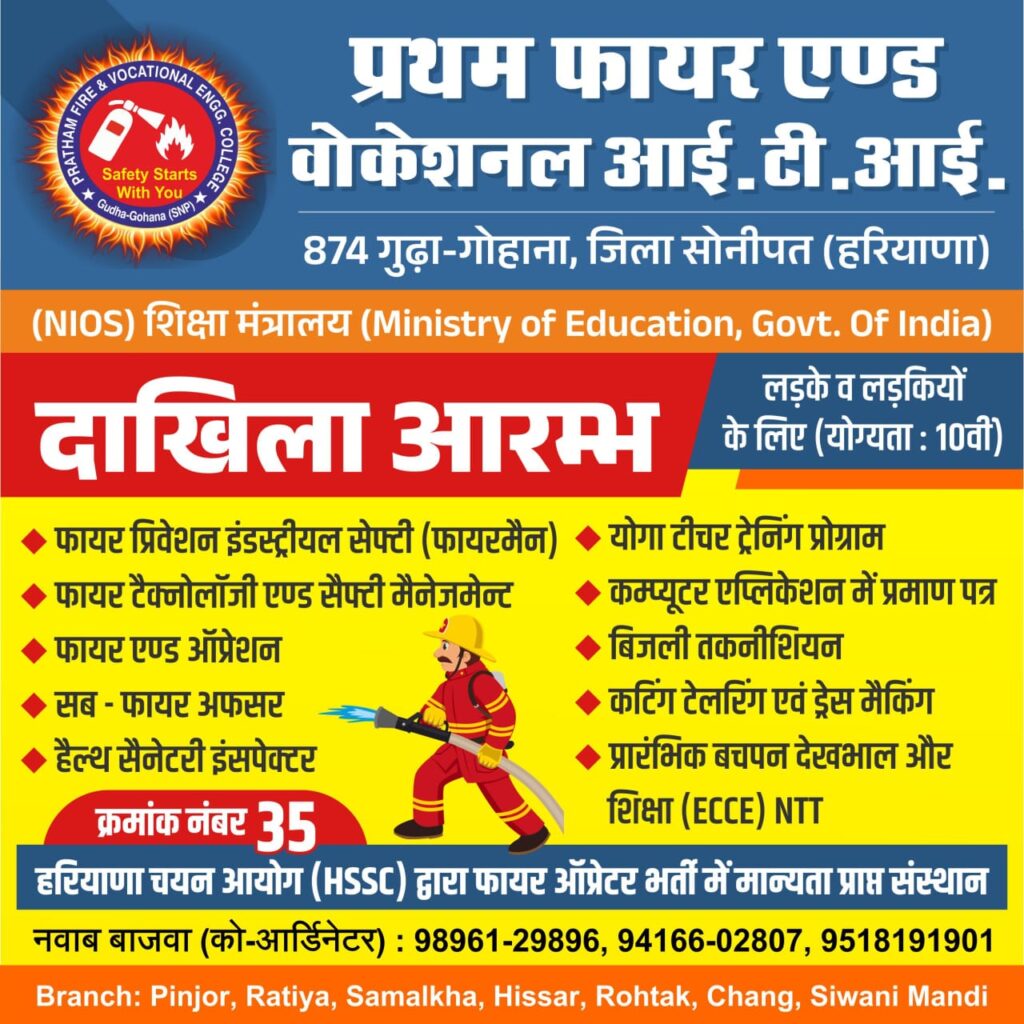
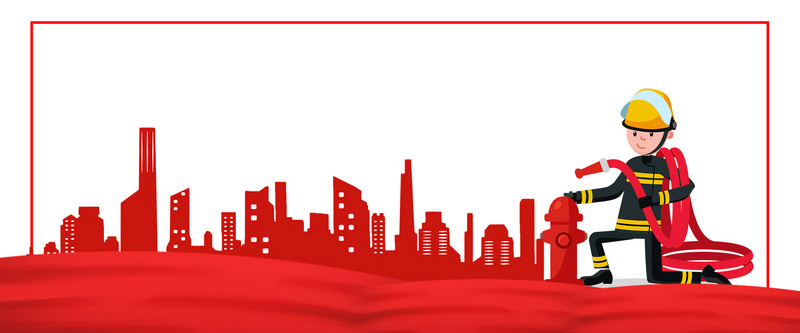
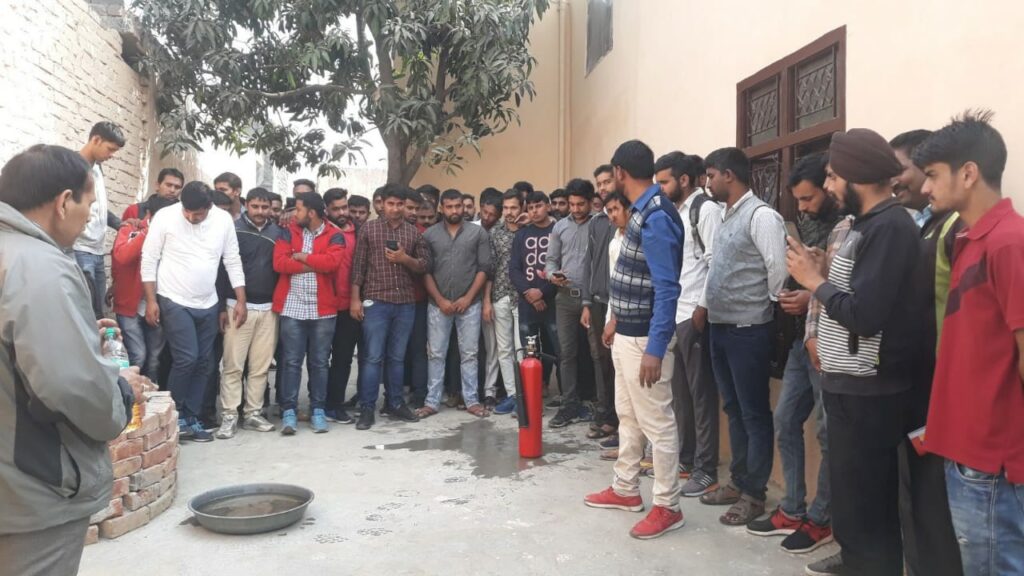
FIRE AND SAFETY TRAINING
An ITI (Industrial Training Institute) course in Fire and Safety provides training in fire prevention, firefighting techniques, and emergency response procedures, equipping individuals with the skills to manage and mitigate fire-related risks. The course typically spans one to two years, with a focus on both theoretical knowledge and practical application.
OUR COURSES
Fire Prevention & Industrial Safety (Fireman) –
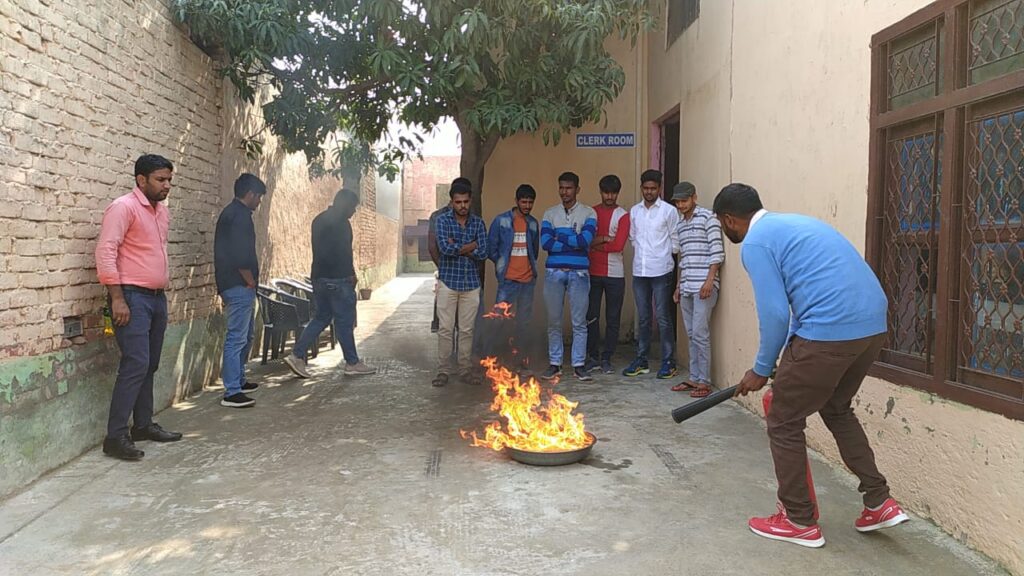
Fire prevention and industrial safety are crucial for protecting lives and property in industrial settings. Effective fire prevention involves a combination of strategies, including maintaining good housekeeping, proper storage of flammable materials, and implementing hot work permit systems. Safety training, regular fire drills, and the use of appropriate fire protection equipment are also essential components of a comprehensive industrial safety program.
Fire Technology and Industrial Safety Management
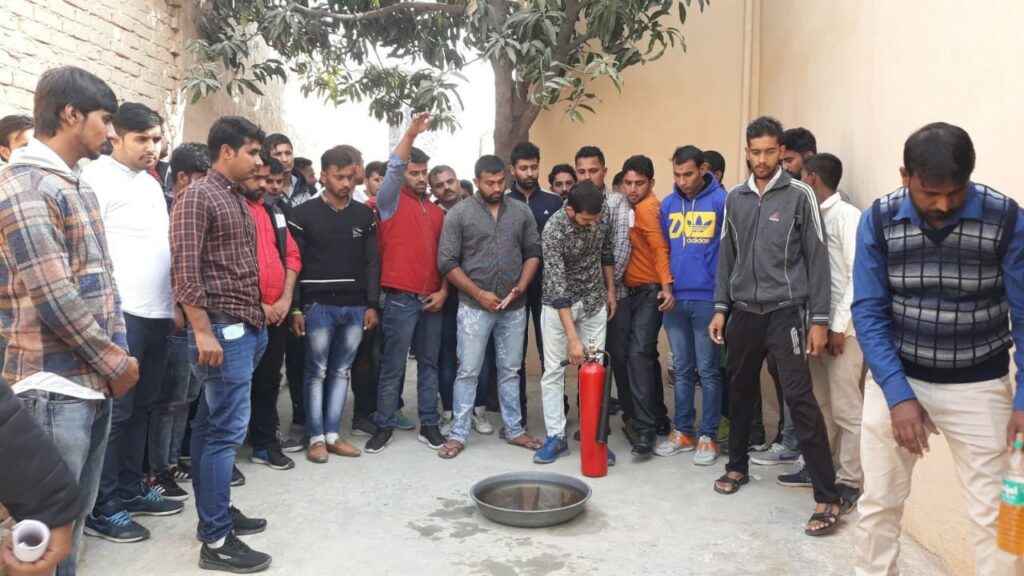
Fire technology and industrial safety management focuses on preventing and mitigating fire-related risks in industrial settings. This field involves creating safety procedures, conducting risk assessments, providing training, and establishing emergency response plans to protect people and property. It’s a critical area for industries like manufacturing, construction, and oil & gas.
Fire and Operation & Sub-Fire officer
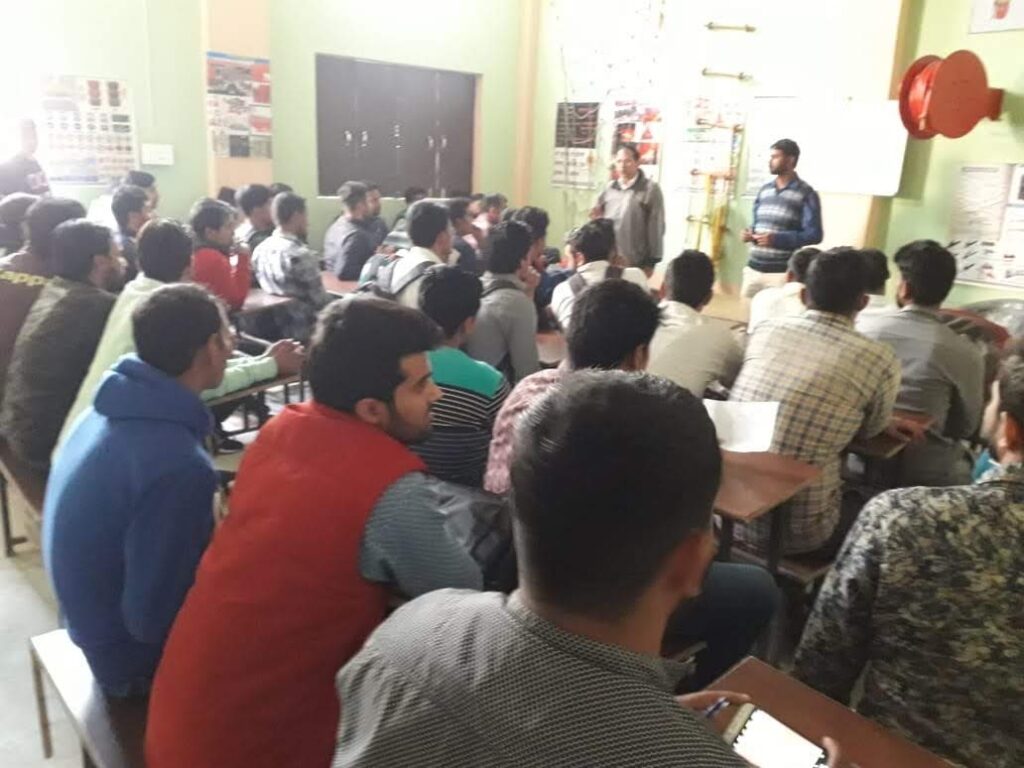
Firefighting and emergency operations involve a complex set of coordinated actions to mitigate the effects of fires and other emergencies, including rescue, fire suppression, and post-incident procedures. These operations are guided by pre-fire planning, size-up, and a series of phases including rescue, exposure control, confinement, ventilation, extinguishment, salvage, and overhaul.
Health Sanitary Inspector
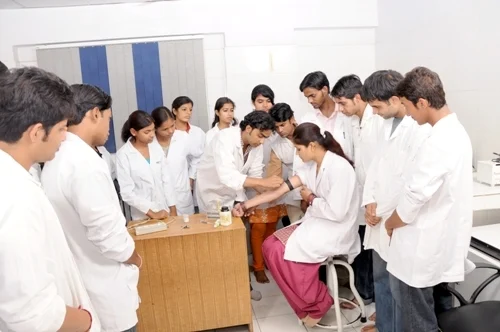
A Health Sanitary Inspector, also known as a Public Health Inspector, is a professional responsible for maintaining and improving public health standards by inspecting various establishments and public spaces for sanitation and safety. They enforce health regulations, address public health concerns, and work to prevent the spread of infectious diseases.
